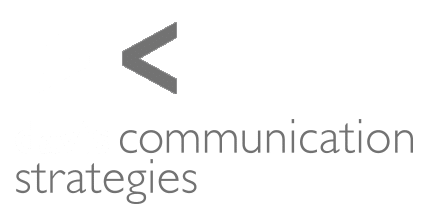Earlier this month, I was in Vancouver working with my client Women Deliver on one of the most extraordinary events of my career: the world’s largest conference on gender equality.
More than 8,000 attendees from 167 countries gathered to champion the health, rights and wellbeing of girls and women everywhere. The main stage was filled with big names like Tarana Burke (founder of #MeToo movement), Melinda Gates, Kristalina Georgieva, Angélique Kidjo, HRH Crown Princess Mary of Denmark, Peter Sands, Tina Tchen (co-founder of the Time’s Up Legal Defense Fund and Michelle Obama’s former chief of staff), Prime Minister Justin Trudeau, President Sahle-Work Zewde, Ziauddin Yousafzai (co-founder of Malala Fund and Malala Yousafzai’s father) and many more.
But what made this conference so remarkable was the fact that these world leaders, influencers and decision-makers shared the stage with so many local activists, advocates, artists and young people to engage in the kind of multidimensional dialogue that drives real change. At the Women Deliver 2019 Conference, there were no hierarchies; people of all ranks, of all color, all ages, from all parts of the world, came together and joined forces to close the gender gap. It was a marvel to experience, and a true inspiration.
See for yourself in this conference highlights video:
Power was a key theme for the conference, and it was explored on three levels – the power of the individual; the power of structures; and the power of movements. Underscoring our ability to use power for good at every level, conference attendees were asked repeatedly, “How will you use your power?” when returning home from Vancouver.
Prime Minister Trudeau made some of the conference’s biggest news by announcing that Canada will increase its investment to $1.4 billion annually to support girls’ and women’s health globally. President Uhuru Kenyatta of Kenya committed to shine a spotlight on sexual and reproductive health and rights at this year’s International Conference on Population and Development in Nairobi.
Other leaders pledged to remove barriers that stop women from reaching positions of power; enforce laws that encode equal rights – and change unjust ones; and use gender disaggregated data and evidence (check out the Global Women’s Leadership Initiative Index – an online tool sponsored by the Wilson Center that Davis Communication Strategies helped launch in 2017).
And on the individual level, people were excited to speak up – online and IRL – against discrimination and injustice; engage men; use their ballot and their wallet to support gender equality allies; donate time and money to women-focused, community-based organizations; and mentor and support girls and women who have traditionally been underrepresented in decision-making.
Now that I’m done working on-site to capture these and other commitments on video, I have more time to consider my own answer to this important question. I’ve been sharing women’s stories and raising awareness about issues of gender discrimination since my early days as a reporter. I’m even more passionate today about lending my skills and talents to organizations that advocate for girls and women globally.
But I want to challenge myself and everyone I work with to think more deeply about the different ways that people experience discrimination, and strive to ensure more diverse voices are heard and valued. The Women Deliver conference was a powerful example of inclusion and encouraged me to re-examine my own stereotypes and patterned behavior.
I also recognize my power to affect change as a model for others. In the last two weeks alone, three young women have sought my advice as a communication professional and small business owner. In these conversations, and in every interaction I have with clients or colleagues, I can override my own inner patriarchal conditioning and embrace what makes me powerfully female – my intuition; my creative thinking; my desire for connection and collaboration over competition; my heart.
It’s not news that our work culture is still steeped in traditional masculine norms. Many women – myself included – have learned to adapt and thrive in this culture. But it has come at a cost to women generally and more satisfying work environments for us all, not to mention the negation of our full selves.
A new paradigm is arising, a new and better way of relating with one another.
How will you use your power?
